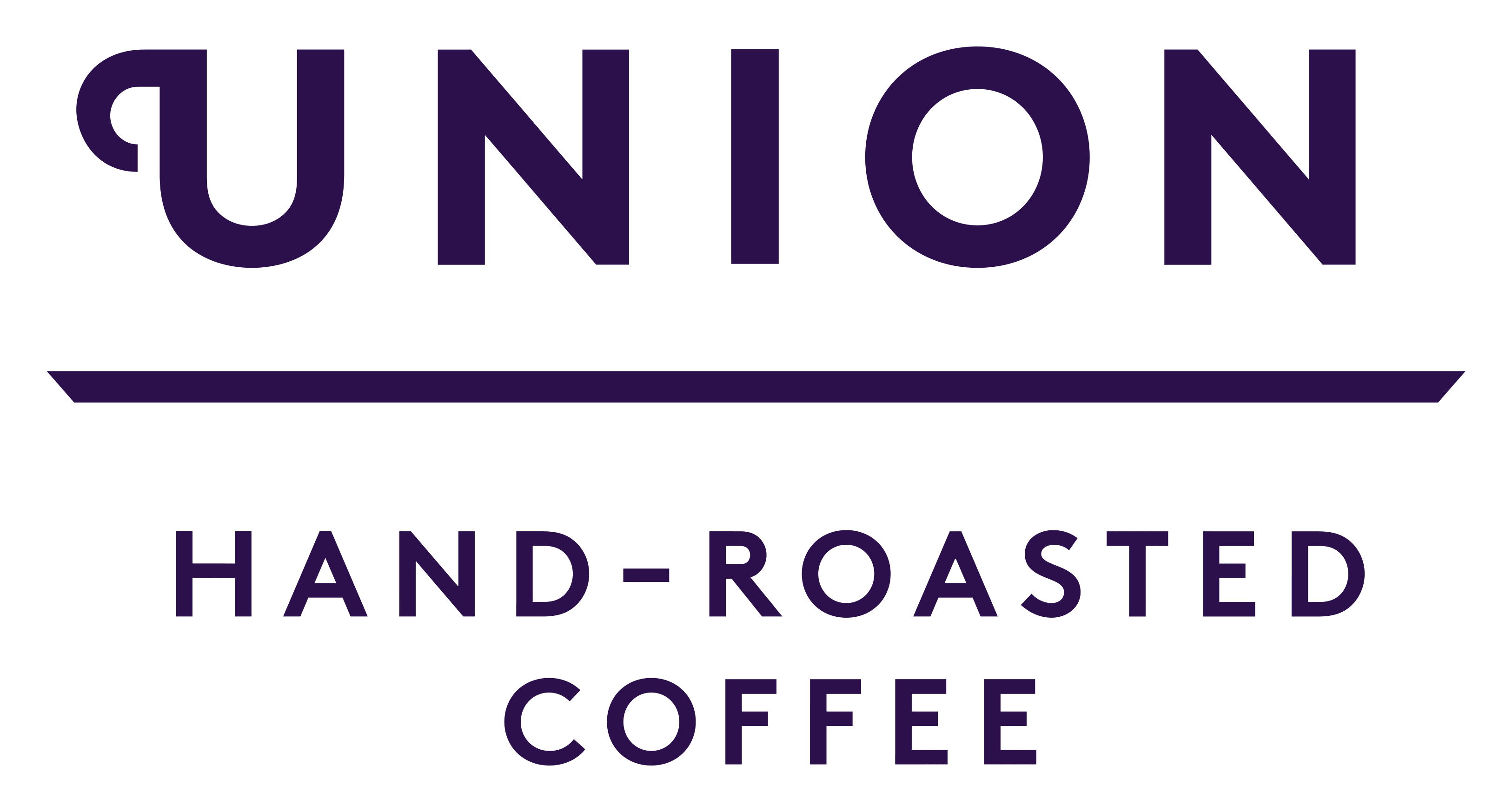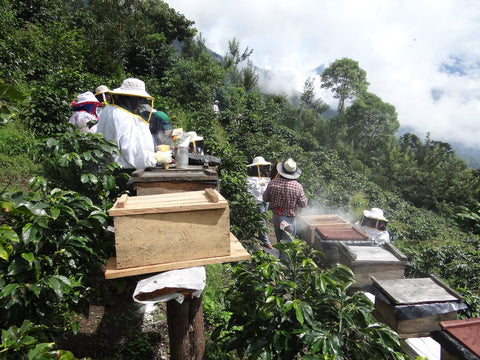Things looked hopeful for coffee producers in December 2019, when the price of coffee on the world market rose for a brief period as a response to increased buying activity by roasters. However this upward trend did not last long and now, at the time of writing, international coffee prices have fallen nearly 30% from their December position, hovering around the $1 USD per pound mark. This is substantially below the Fairtrade minimum price, and does not allow for ethical or sustainable coffee production. This price decline is fuelled by the market conditions; while there has been an increase in demand for coffee sold by supermarkets, there have been steep decreases in demand for coffee sold at cafés, which is generally high-end or premium specialty coffee that brings much higher prices for farmers. Union only sources and sells premium speciality coffee, for café and home customers, as we believe this is the path to sustainable coffee production.
Coffee farmers’ ‘thin months’
For many coffee roasters under price pressure due the current economic circumstances, the low international coffee price comes at the right time. However, for coffee farmers, it is a different story. When prices are low, coffee farming households often supplement their income with other activities such as working on their neighbour’s farm, remittances from family members working abroad, or sales of fruits and vegetables growing on their farm. Quarantine, curfews and restrictions have made it impossible for them to supplement their on-farm income at the moment. This, combined with the current low international coffee price, is hitting the farmers hard.
When the cost of growing coffee exceeds the selling price farmers receive for their coffee, farmers start cutting costs. This means paying workers less, opting for cheap but dangerous agrochemicals or completely stopping managing the farm. Abandoning the farm even for a couple of months starts a vicious cycle, resulting in low to no yields and even lower farm income in the future. In order to balance on a tight budget, the practice of farmers cutting out meals is recognised within the industry as “the thin (or starvation) months”. These are the few months just before the harvest when farmers have run out of the money they earned from the previous season. When farmers do not receive a fair price for their crop, there is an increased risk of labour rights violations and poverty. Ambitious goals, such as earning a living wage and receiving a living income, seem unattainable. Instead of children being send to school, they are sent to work on the coffee plantation.
At Union, we have very serious concerns over the impact of COVID-19 on our farmer partners. In addition to the impact of low coffee prices covered above, there are health risks. Coffee grows mainly in developing countries with weak health care systems and fragile living and working conditions lacking access to basic facilities such as clean water and sanitation. In addition, the high average age of a coffee farmer (a threat to the long-term sustainability of coffee, alongside low coffee prices), combined with pre-existing health conditions and a lack of PPE, put farmers at an additional risk.

Another concern is the decline in demand; the conditions brought about by COVID-19 has caused the closure of restaurants and cafes. Some roasters have defaulted on existing coffee purchase contracts because their business operations have shrunk. This leaves farmers, already in difficult circumstances, with the desperate need to find new buyers for their coffee.
On the positive side, we saw that most farmers we work with have dealt with the challenges in a very innovative way. Farmers quickly created clever solutions to protect the health of their community and to overcome logistic disruptions.
- Instead of asking farmers to maintain their normal system of transporting their coffee to the central warehouse of their cooperative organisation and thus placing themselves at risk of exposure to infection, their cooperative managers sent out a truck to visit the farmers. By following careful social distancing procedures communities have controlled their risk.
- In some places rapid digitalisation took place. Farmers can now call and text an agronomist with a picture showing the health condition of their plantations as farm visits and farmer trainings cannot take place.
- Farmers organisations were quick to develop radio messages, posters and information bulletins to advise their member about Occupational Health and Safety measurements.
But of course, this all has a cost. We also see that it is the most resilient and financially healthy organisations that have been able to quickly react and adapt.
We believe that our coffee sourcing model, Union Direct Trade, which selects high quality coffee, through transparency, traceability, long-term relationships, fair prices and respect for human rights and the environment (governed by the Union Code of Conduct) has created an enabling environment in which farmer organisations were able to quickly adapt to new situations.

Impact on coffee sector and supply long-term
Verité (a non-profit working to illuminate labor rights violations in supply chains) has outlined the challenges for coffee farmers and workers in this report. One of the findings in the report is that:
“…as a result of the pandemic, there is a significant risk that working conditions will further deteriorate as crises usually affect the most vulnerable workers the hardest. The coffee industry must acknowledge that farmworkers are essential to ensuring the supply of coffee, and the sector must balance profit margins and long-term business goals with worker welfare through an emphasis on shared-value. … it is more important than ever that coffee retailers, roasters, traders, and producers double down on their commitments to improving working conditions in the coffee sector.”
Low and volatile world market prices have been the biggest threat to sustainable coffee production for many years. COVID-19 has exacerbated this. There is a big threat that companies do not adapt their long-term thinking. Not investing in your sourcing network or quality are easy short-term gains. But, what about the long-term? The pandemic is a test of the sector’s commitment to building a sustainable future for coffee.

The long term effect of COVID-19 on prices and demand for speciality coffee is still unknown. However, as the Verité report points out, in these uncertain times we must keep supporting our suppliers and partners in order to ensure sustainable coffee is available for the next generation of coffee enthusiasts to enjoy.
Thank you for helping us on our mission to ensure speciality coffee has a sustainable future, and is a joy for everyone in the coffee supply chain, from farmers to drinkers!
If you want to know more on coffee supply chain in times of the pandemic, check out this blog post.


